The Scandinavian nation of Norway is widely understood to be one of the wealthiest countries in the world. But is that really true, and how did it happen? Read on as we try to explain the story.
As the Industrial Revolution began to transform the U.K. and continental Europe, Norway was a struggling nation. Harsh winters made agriculture a challenge, while the natural geography posed problems for travelling, education and information exchange.
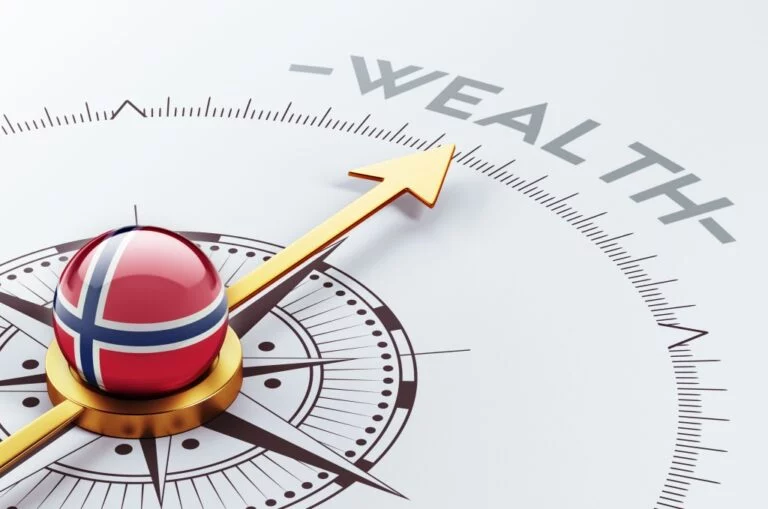
Reliant in part on the other Scandinavian countries, Norway's economy was in ruins and famines drove many families to seek a new life in the emerging United States.
Yet fast-forward to today, and Norway is the second richest country on Earth, if you exclude micro nations. Norway's sovereign wealth fund is one of the world's most important investment vehicles.
Norway is ranked as the world's most democratic nation and consistently scores well in happiness and quality of life surveys. Many countries have tried to do what Norway has done and ended up even more impoverished than before. So, how exactly did Norway become so rich?
The answer lies in oil and gas, of course, but there are many other factors to consider.
Big country, small population
Before we move on to the obvious black gold, there are other issues to consider that are often overlooked. First and foremost, Norway has a huge amount of landmass, coastline and waters, but a relatively small population.
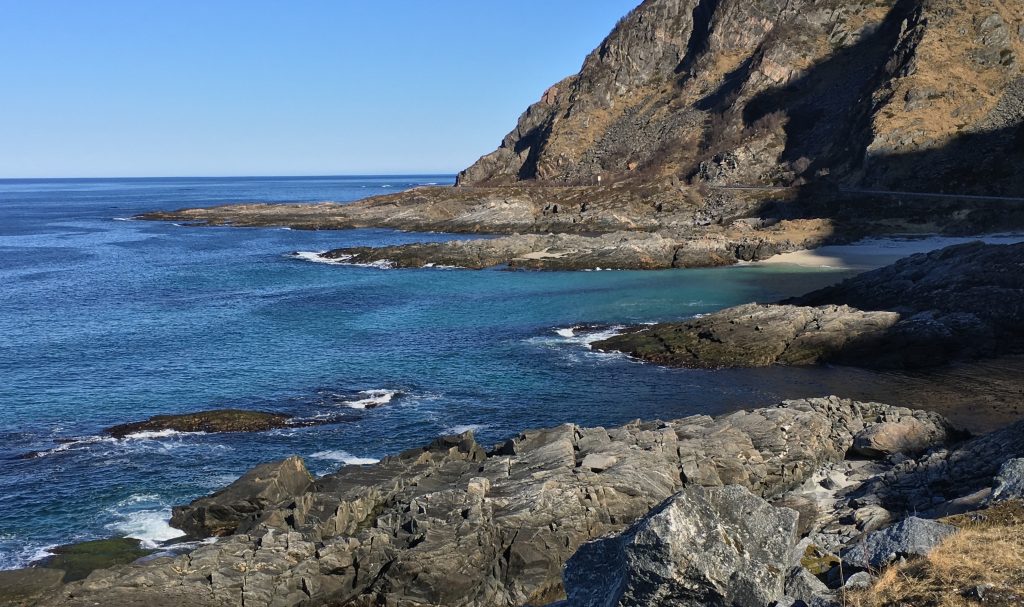
This combination means there the money earned by the land and the ocean goes a lot, lot further than you might expect. The same is true for Norway's Nordic siblings: Sweden, Finland, Iceland, and to a lesser extent Denmark.
A helping hand from nature
Its position on the planet has been beneficial to Norway in many ways. The country is blessed with natural resources.
The cold waters all around the country have for centuries provided rich fishing opportunities, and this continues through to the present day. Although Lofoten is known for its tourism, the fishing industry still plays a critical part in the local economy.
Water too is responsible for the majority of Norway's domestic power supply. Before oil was discovered, Norway harnessed the natural power in its rivers and fjords. Today, hydropower supplies almost all of Norway's power needs.
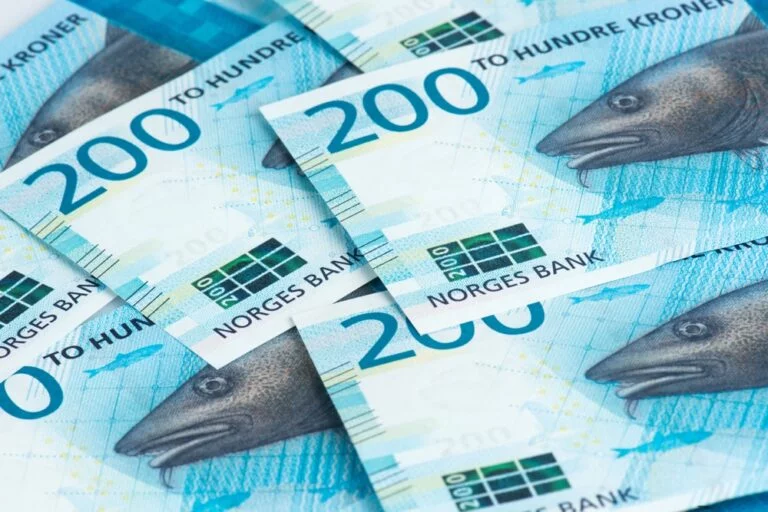
Despite the cold winters, agriculture too has always played an important role. But of course, Norway's fortunes changed significantly upon the discovery of another even more valuable resource lurking underneath the water.
The discovery of oil
As recently as the late 1950s, very few people in the industry believed that the Norwegian continental shelf (the ocean bed off the Norwegian coast) might be rich in oil and gas deposits.
It was the discovery of gas in the Netherlands that persuaded some to look again at the North Sea. Phillips Petroleum were the first movers, sending in an application to the Norwegian authorities in 1962 seeking permission to explore in the North Sea.
It was at this point that the Norwegian government claimed sovereignty of large offshore areas, but awarded licenses to conduct seismic surveys to private companies.
Despite some early setbacks, the industry took off in 1969 with the major discovery of what is today known as the Ekofisk field.
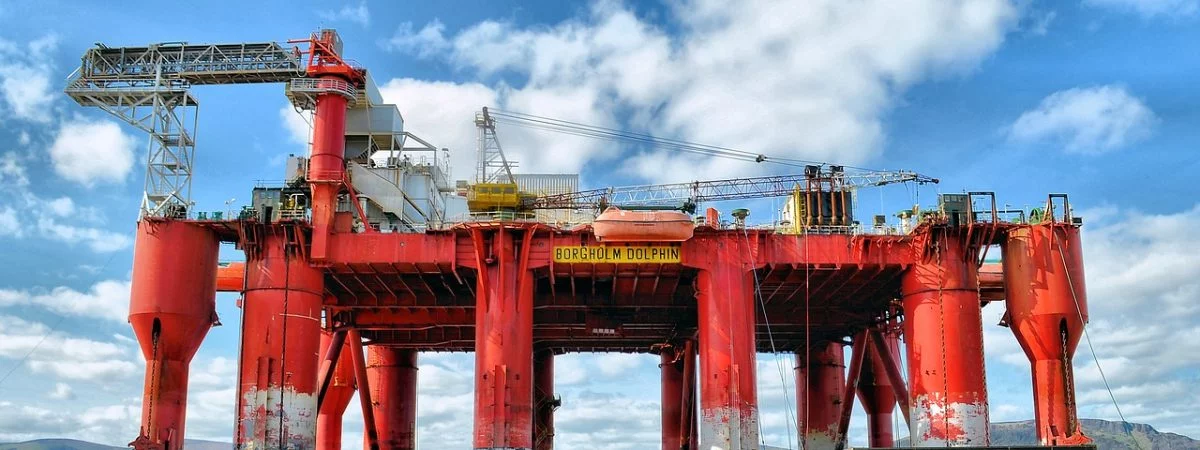
The government released licenses gradually, mainly to international companies until the formation of Statoil in 1972, which gave the state a direct interest. Statoil is still around today, although they are now known as Equinor.
A significant contributor
Over the last forty years, petroleum activities on the Norwegian continental shelf have contributed significantly to Norway's economic growth and financed much of the welfare state. According to government figures, the industry has created values in excess of NOK 12,000 billion in current terms.
The government's own website says that the oil and gas sector accounts for approximately 23% of Norway's value creation, more than twice that of the manufacturing industry.
Of course, while the discovery of oil was purely one of chance, how Norway has managed and used the substantial funds generated by the industry is a whole different story.
Many countries with substantial oil and gas reserves have squandered the cash. Look at Venezuela, a relatively poor country by western standards despite having the largest oil reserves in the world. So, what did Norway do differently?
Why Norway turned out differently
Norway needed the expertise of foreign countries to exploit the oil and gas reserves. But while foreign companies rushed into Venezuela, profiting handsomely and returning little to the country, Norway tried another way.
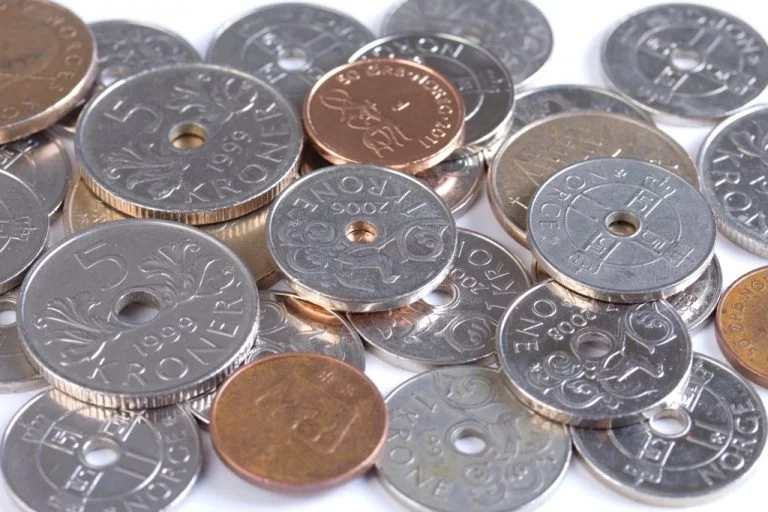
Norway’s political power was already widely distributed making it impossible for a single person or group to benefit themselves at the expense of society. So the government was forced to make decisions based on the needs of the nation.
As it had once done with hydropower companies, Norway's government decided that the natural resources belonged to the people. Oil and gas production would be a profitable activity, but the profits would be funnelled to the state.
The government also created a public oil company, Statoil, which would study and replicate the foreign companies, with an eye on taking over in the long-term.
The country also invested heavily in petroleum processing infrastructure and the education of engineers. Essentially, it chose long-term security over short-term popularity.
The Wealth Fund
But things were not perfect. As the oil industry expanded, prices rose. Norway found itself with too much money. Then the 1980s oil price drop saw a recession and economic growth stuttered. Norway hadn't squandered its money, but it needed a better plan.
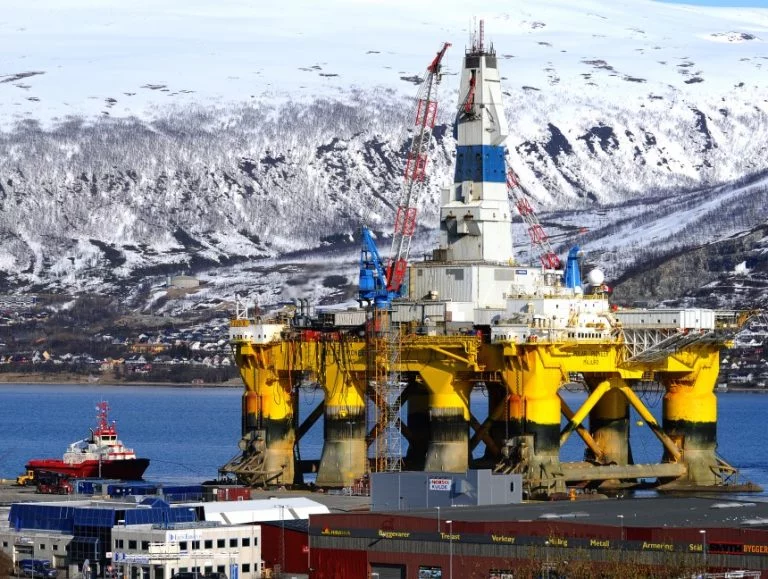
The Government Pension Fund Global is a fund into which the surplus wealth produced by Norwegian petroleum income is deposited and invested.
The money comes from taxes on operating companies, exploration license fees, dividends from the partly state-owned Statoil (now Equinor), and profits from the state's ‘direct financial interest' in some fields.
The fund was established in 1990 to counter the effects of the expected decline in income and to smooth out the disruptive effects of fluctuating oil prices. Money coming into the fund is expected to significantly fall over the coming years, so the focus on how the money is being invested has never been greater.
Given the sheer size of the fund its value fluctuates significantly on a daily basis, but at the time of writing it stood at just over 15,000 billion Norwegian kroner. When I first wrote this article in 2017, the value was 8,000 billion Norwegian kroner. The current value is displayed on this website.
The majority of the fund's assets are held in equity investments, some in fixed-income investments, with a relatively small holding in real estate.
“The Government Pension Fund Global is saving for future generations in Norway. One day the oil will run out, but the return on the fund will continue to benefit the Norwegian population” – Norges Bank Investment Management.

How is this money used? Well, while other Scandinavian countries have had to reduce their social spending, Norway uses the interest earned by the Fund to boost its annual budget on things like healthcare, education and welfare.
Norwegians still pay high income taxes, but rarely do they need to worry about paying huge medical bills.
The future?
So, yes, Norway struck it lucky. But without smart long-term thinking from previous governments, it would have squandered its oil and gas riches.
That same long-term thinking is taking place today, at least in theory. Norway is not in denial about the future of the oil and gas industry. The country is investing heavily in sustainable technologies such as offshore wind power in the hope of securing a major new industry for the global energy needs of the future.


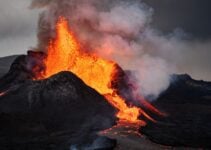
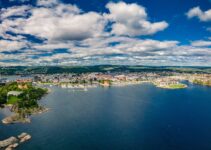

David, I love “Norway Weekly” and am so thankful to have found it..
By accident reading reports on the Olympics. I live e in the NYC, US and most of my family lives in **Kolbu, Oslo and Farsund. I am a very proud
Norwegian and love to know what is going on presently in Norway along with learning more history and new features.
Thank you.
Will definitely use the information on Norwegian Ancestry as we are learning about relatives we never knew we had. I have learned much from Norway Weekly and look forward to receiving it each Tuesday.
Why is Norway so rich? Complex answer and it sjust not about oil. They politics are social-democratic. They pulled the corporates into line to prevent neo-liberal economic abuses by these people, they have been phenonomal stewards of the oil resources, and they did not have a 3rd country stealing this resource.
Brilliant. Wish Scotland had been able to do the same. Hopefully we might soon be become masters of our own future like Norway.